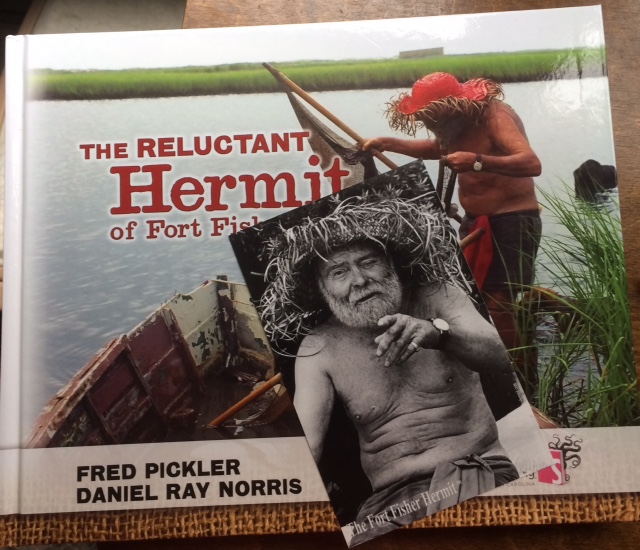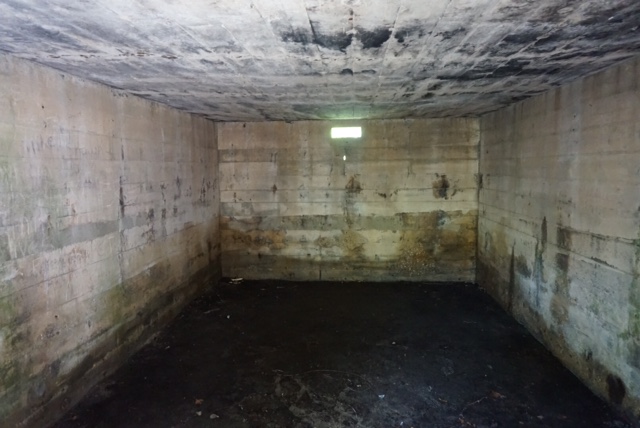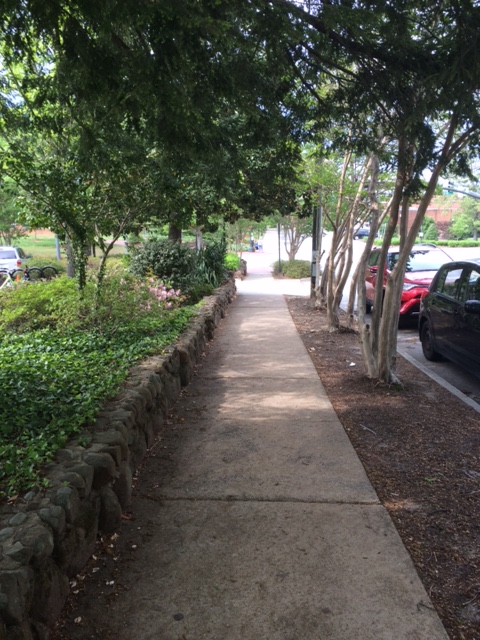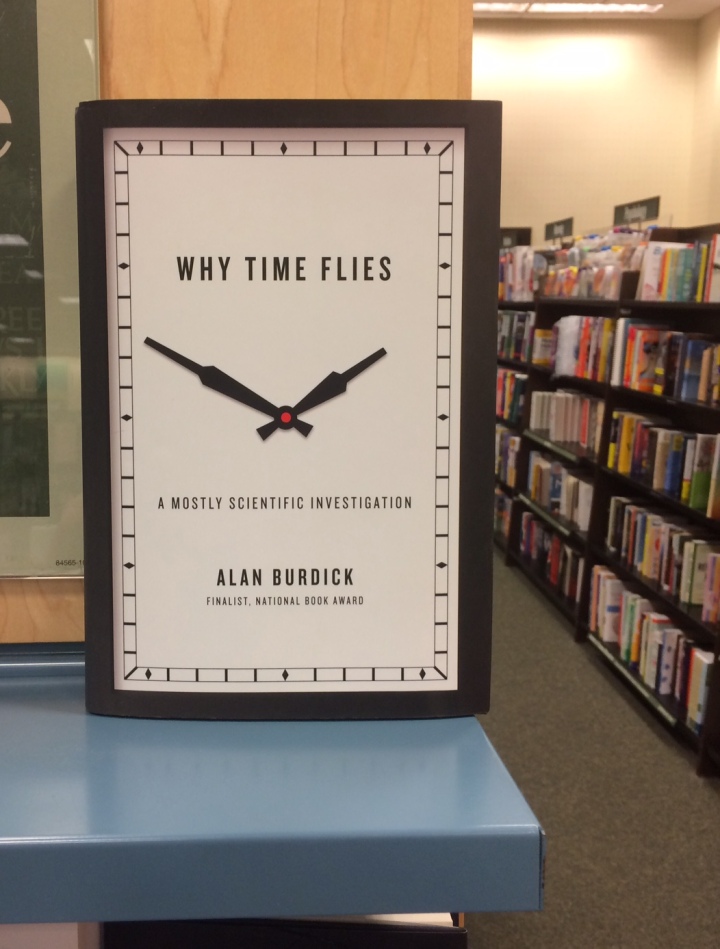So I joined a book club at the beginning of the year. It’s a very flexible book club. You simply pick the number of books you want to read over the course of the year from several pre-set categories. So far, I’ve read “Death Comes to Pemberley”, “Blink” and “The Girl on the Train”.
I wanted to read a classic. Originally, the classic was going to be “Frankenstein”, mainly because it’s creepy and I already have a copy; but for some reason, when it was time to actually read “Frankenstein” I just wasn’t feeling it. Instead, I decided to read “The Divine Comedy” by Dante. I majored in English Lit in college and had to read Dante back in the day, but truthfully, I did not study or comprehend it to the best of my abilities.
Now I knew this poem was long, I really did, but in my mind it was about 200 pages long. Imagine my surprise when I went to my local library to check out the poem and it was not 200 but 693 pages long. Holding the book in my hand, I stared at the daunting task before me. I thought about simply reading “Inferno”, the first of three parts of the poem which IS about 200 pages long; but then I decided to suck it up and read the whole thing. Now, I’ve modified that goal again. I still want to finish it. I downloaded it on my phone and plan to pick it up and put it down in increments. This book is a project. It’s not something that you simply read and absorb. It’s a beast of a masterpiece that you research and study. I should be finished with “Inferno”, the first book, sometime this weekend. I can’t give you an exact timeline on the last two books.

It’s been a long time since I put so much effort into reading a book. I started out by really reading and PAYING ATTENTION to the introduction of the book. I know this sounds very basic, but if I am going to be completely honest, I am often guilty of skimming over introductions. (I can also be guilty of skimming over instructions. It probably comes from the same place in my personality…but that’s another blog). That was not an option with this book. I truly needed the synopsis to get me started because I needed to know what to look for. Yes, I know I read this in college, but we’ve already established that I didn’t actually read it very well, and it was a long time ago.
I’ve also found myself stopping quite often to research passages and terms, and there are many, that are unfamiliar to me. Below are a few examples.
Simony- the buying or selling of ecclesiastical privileges or pardons
Barrater-Everyone knows what a barrater is, right? I didn’t so I looked it up. It’s a person who commits barratry. Well, yes (imagine the eye roll when I read that definition), but what is barratry? It’s fraud on the part of a ship’s master or crew that injures the owners, for example embezzlement, and it is addressed in the 5th subdivision of the 8th circle of Hell in “Inferno”.
City of Dis- It’s the city that encompasses the sixth through the ninth circles of hell. Lovely place.
You get the idea. I’ve learned to read the book with my iPhone close by so that I can stop frequently to google the new old words and phrases that I am encountering.
Another thing that I’ve done to help myself better comprehend this poem, and this IS cheating, is enlist the aid of an audio book. Not so that I can listen instead of read so much as listen while I read. It’s very helpful to have a narrator who uses one voice for Dante, one for Virgil and other voices for the all of the various and sundry demons and lost souls. It helps me keep track of who is speaking.
You would think that in the midst of all this effort, I would not have time to process the brilliance of the piece. What I can say is that it comes in waves. There are moments when I am just trying to get through a canto, and there are other moments when I truly recognize the amazing feat of what Dante accomplished. He wrote an intricate tale of nine levels of hell, purgatorio and paradiso in 14,233 lines, all in a terza rima verse scheme that he INVENTED for the story. Something to marinate. The book that I am reading is also peppered with classical drawings of lost souls suffering in hell. I saw one earlier today that knocked me so hard that my gut clenched with empathy for the soul.
Yesterday, I found myself wondering if Dante would have been able to write “The Divine Comedy” had he not been exiled from his home city of Florence-for barratry, no less- at the time that he was writing. From what I’ve read, there is a chance that the charges were false, but the point is, sometimes our most brilliant moments occur when we are at our lowest. It’s as if something beautiful emerges from desperation…and then perhaps there is redemption?
Well, wish me luck on Dante’s tour of the afterlife. I’m thinking that I might find an empty lifeguard stand this weekend and read at the beach. That should cut the heat a bit.
In fact-checking my post, I found the following link. How perfect:
http://www.history.com/this-day-in-history/dante-is-exiled-from-florence#











